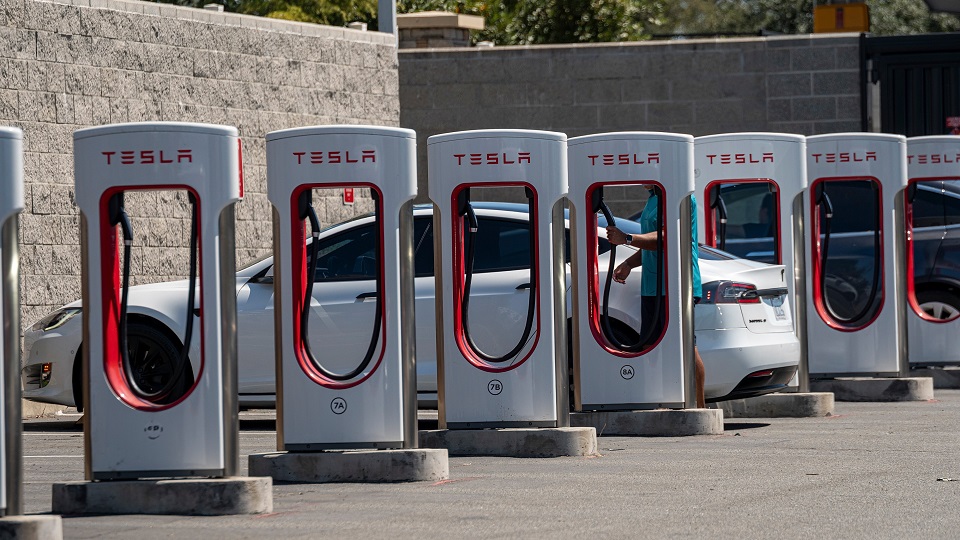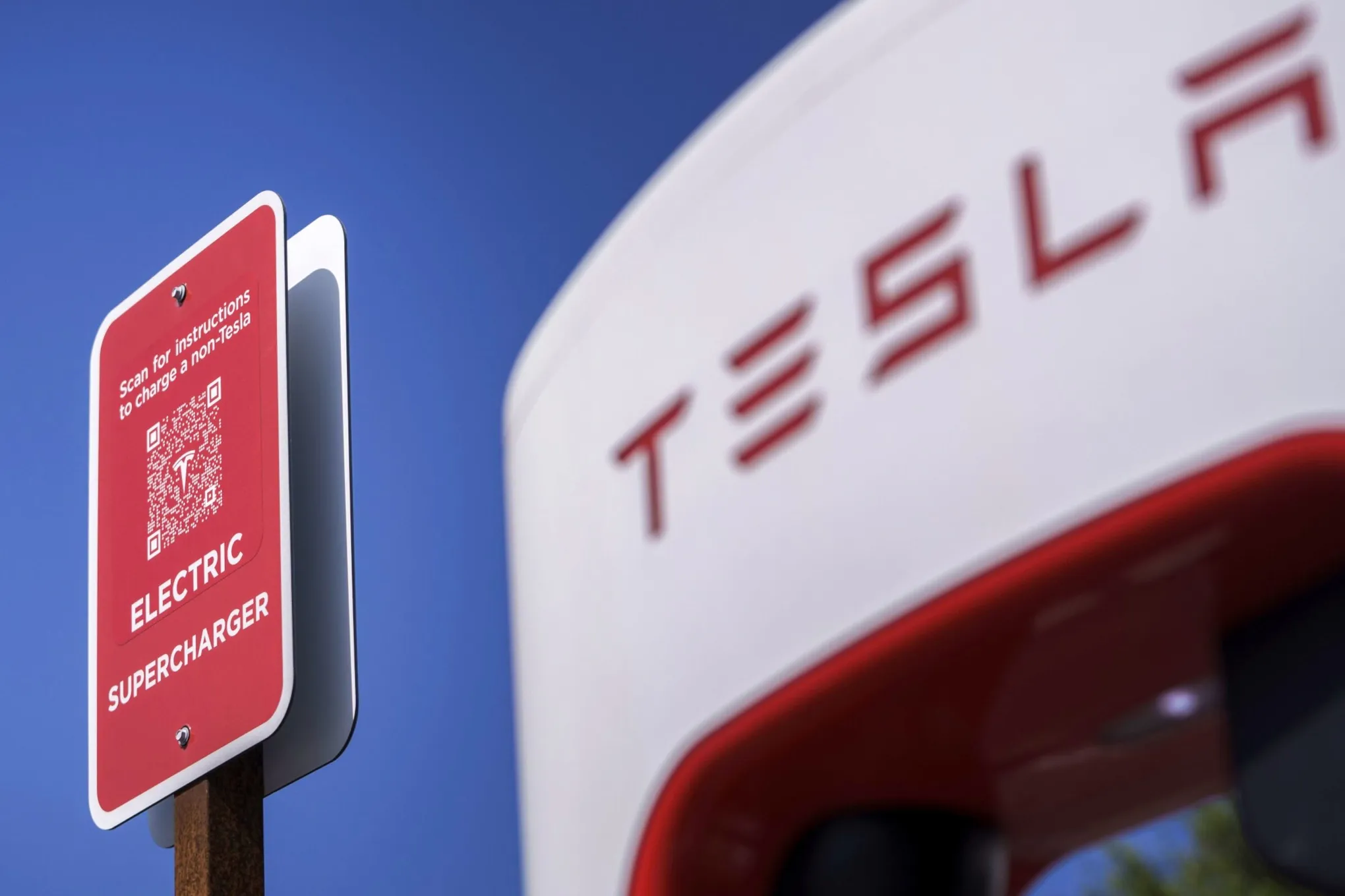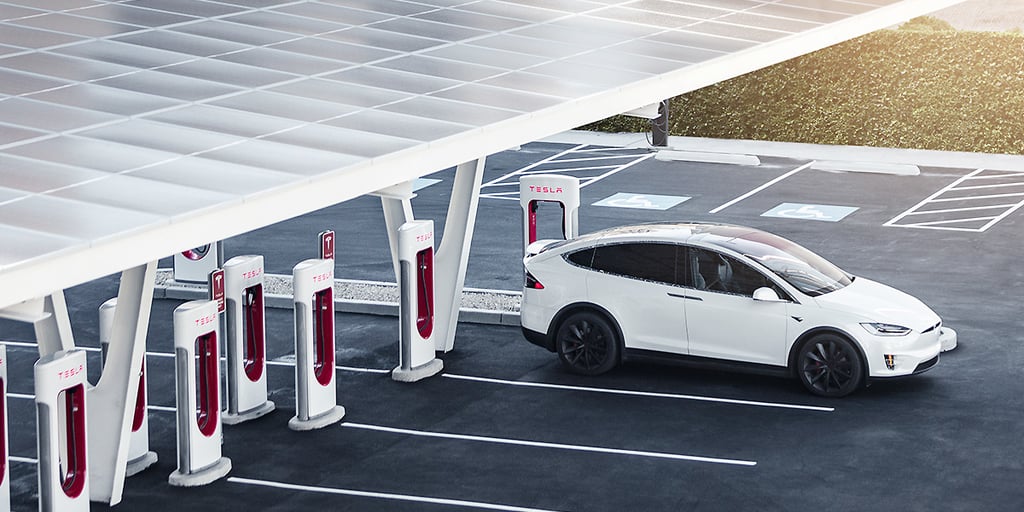Tesla‘s unexpected decision to dismiss employees overseeing its electric vehicle (EV) charging business has unsettled the automotive industry.
The abrupt layoffs, involving approximately 50 workers, caught automakers off guard, particularly those in the midst of preparations to integrate their vehicles with Tesla’s Supercharger network.
This move, blindsiding industry officials and analysts alike, comes amidst Tesla’s expansion plans and shifts in the EV market landscape.

While General Motors, Ford, and other automakers with existing agreements to grant customers access to the Supercharger network have affirmed their current plans, concerns linger regarding the future trajectory of Tesla’s charging infrastructure.
President Biden previously lauded Tesla’s move to open its network to rival EV manufacturers, potentially enabling the company to receive federal subsidies for expanding its North American Charging Standard (NACS) system.
The dismissal of key personnel, including Rebecca Tinucci, the head of the charging business, has left both automakers and Tesla suppliers uncertain about future developments.
Despite inquiries, Tesla has remained silent on the matter, leaving industry observers speculating about the company’s motives and future strategies.
Tesla CEO Elon Musk reassured stakeholders that the Supercharger network expansion would proceed, albeit at a slower pace with a heightened focus on reliability and existing site expansions.
However, questions persist about the long-term implications of these layoffs and the potential impact on Tesla’s charging infrastructure.
Analysts suggest that Tesla’s restructuring may be a strategic move to streamline operations and cut costs amid financial pressures.

With Tesla facing lower profits and declining revenue, the company may prioritize capital allocation towards more lucrative ventures, such as artificial intelligence, robotics, and autonomous driving technologies.
Despite uncertainties, Tesla’s Supercharger network remains a valuable asset, potentially attracting interest from buyers given its scale and prime locations.
Musk’s focus on new ventures and the evolving competitive landscape in the EV charging sector add layers of complexity to the situation.





